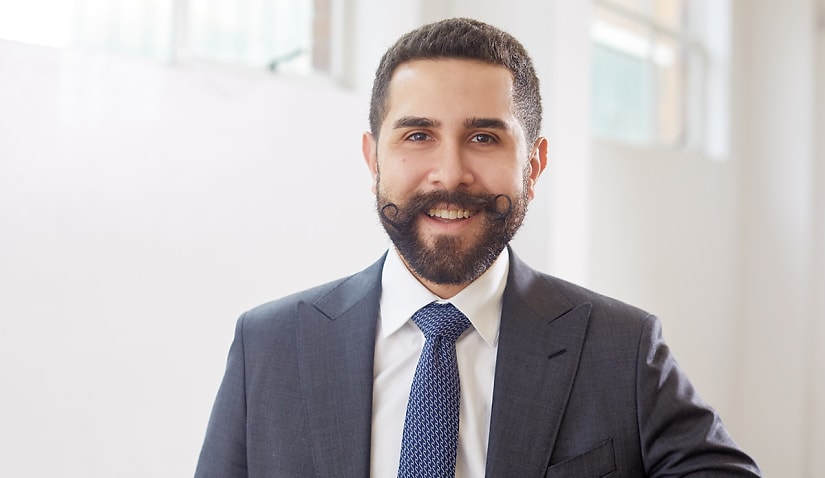Experience has taught Jahan Kalantar that lawyers’ capacity to support and better advocate for clients is inextricably linked to their ability to effectively communicate with them.

Speaking on a recent episode of The Lawyers Weekly Show, Jahan Kalantar, also known as “the TikTok lawyer”, emphasised the ongoing need for lawyers to improve the way in which they communicate with their clients. This enhancement aims to ensure that clients remain informed, empowered, and supported throughout their legal journeys.
Kalantar expressed that while providing sound legal advice and achieving favourable outcomes are fundamental responsibilities of a lawyer, the delivery of clear and effective communication to clients is equally vital to the profession.
“We as professionals need to recognise that we always think that it’s just one job that is [to] solve the client’s legal problem, give them legal advice, attend court, get an outcome. But actually, the job of any professional, particularly a professional like ours, is twofold.
“One is to do the job, and the second is to explain the job. It is to explain to the client or the person you’re serving, hey, the reason I’m doing X, Y and Z is how we’re going to achieve the outcome,” he said.
Given the often intricate and personal nature of the legal system, Kalantar explained that failing to clearly explain the legal process deprives clients of the sense of control they require, leaving them feeling confused and powerless.
“[You] really [need to] give them a sense of agency and a sense of a sense of control over what is fundamentally a very, very scary, complicated system,” he said.
However, Kalantar noted that a significant number of lawyers are not meeting the standard for clear and effective communication – a deficiency that clients have increasingly identified.
“I think that as a profession, we’re sort of letting them down in that regard because I get a lot of feedback, particularly from, I guess, both the industry and clientele, that, my God, no one ever explains anything to me,” he said.
Kalantar acknowledges that, like any profession, lawyers exhibit varying proficiency levels in client communication.
“Like any profession, if you took our profession, [if] you got a hundred people and you line them up, the reality is 20 per cent are going to be amazing, they’re going to be so wonderful, it’s going to blow your mind. Sixty per cent are going to be about average, and 20 per cent are not going to be good at all,” he said.
He warned of the considerable risks posed by inadequate communication, noting that a lawyer who fails to clarify essential details may inadvertently make critical errors that carry potentially severe repercussions for their clients.
“The problem is that when you are a lawyer and you don’t explain something, or you don’t get the right instructions, or you don’t ask the right questions, or you don’t make a place that’s safe enough for the person to disclose what they need to disclose to you, you create an environment where fundamentally, you’re gambling with their money.
“You are putting them in a position where, because of a decision that you make on their instructions, based on your advice, it changes their life forever,” he said.
One of the most frequent complaints Kalantar has heard from clients is that they feel their lawyers are not keeping them “in the loop” throughout the legal process.
Kalantar said: “I’m not saying be hyper available all the time, but if a person’s entrusted you with their legal problem, you have a duty to walk them through what that looks like and use the words that are appropriate for them.”